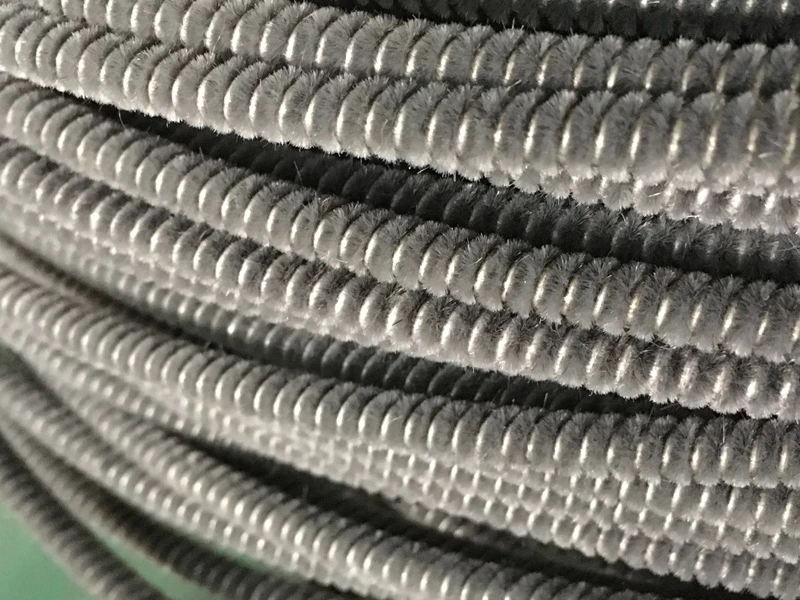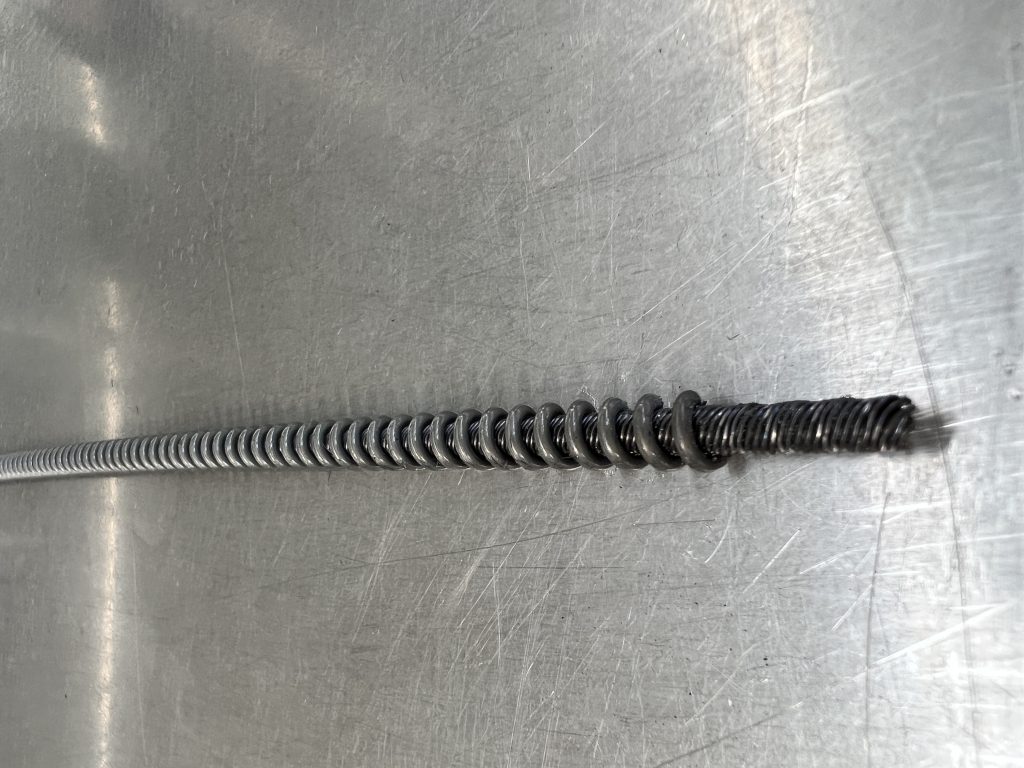In the field of modern engineering, flexible drive shafts are an indispensable key component. This article will take an in-depth look at what a flexible drive shaft is, its application areas, and why more and more industries are choosing to use flexible drive shafts.
What is a flexible drive shaft?
A flexible drive shaft, also known as a flexible shaft, is a device used to transmit torque and rotation. It is usually made of flexible wire rope or rubber that retains its elasticity when twisted and turned. Flexible driveshafts typically consist of an inner wire rope or rubber core and an outer protective layer to provide protection and wear resistance.
Application fields of flexible drive shafts
Flexible drive shafts are widely used in various industries and fields, including but not limited to:
Automotive industry: used to transmit engine torque to the vehicle's transmission system, such as drive shafts and steering systems.
Marine Industry: Propeller and steering gear systems used to transmit power to ships.
Industrial Equipment: Used to connect rotating machinery components such as fans, pumps, and generators.
Why use flexible drive shafts?
There are several reasons for using flexible drive shafts:
Adaptability: Flexible transmission shafts can work at different angles and curvatures, making them suitable for complex engineering designs.
Shock absorption: Flexible transmission shafts can reduce mechanical vibration and shock, protecting equipment and transmission systems.
Space saving: Compared with rigid transmission devices, flexible drive shafts are more flexible, saving space and simplifying design.
Durability: The high-quality flexible transmission shaft has good wear resistance and corrosion resistance, and can operate stably for a long time.
Advantages of flexible drive shafts
Flexible drive shafts have the following advantages:
Efficiency: Able to effectively transmit torque and rotation, reducing energy loss.
Durability: Through optimized design and material selection, the flexible drive shaft has a long service life.
Reliability: Stable working performance and good quality control ensure the reliability of the flexible drive shaft.
Easy maintenance: Compared with other transmission devices, flexible transmission shafts have lower maintenance and maintenance costs and are easy to operate.
As an excellent engineering solution, flexible drive shafts have been widely used in various industrial and mechanical equipment. Its flexibility, durability and efficiency make it the transmission of choice in many industries. As technology continues to develop and innovate, flexible drive shafts will continue to play an important role in the engineering field and provide reliable power transmission solutions for a variety of applications.








